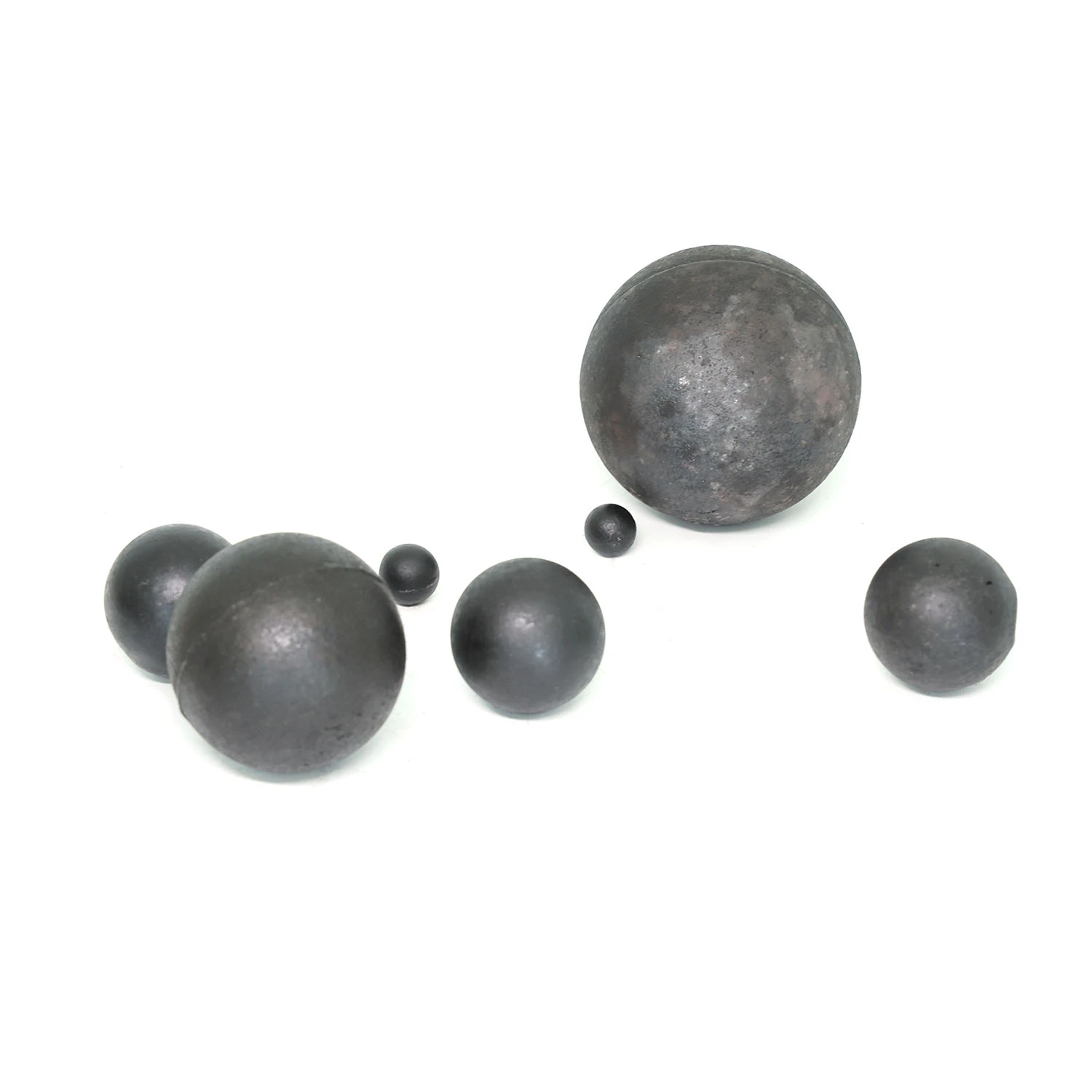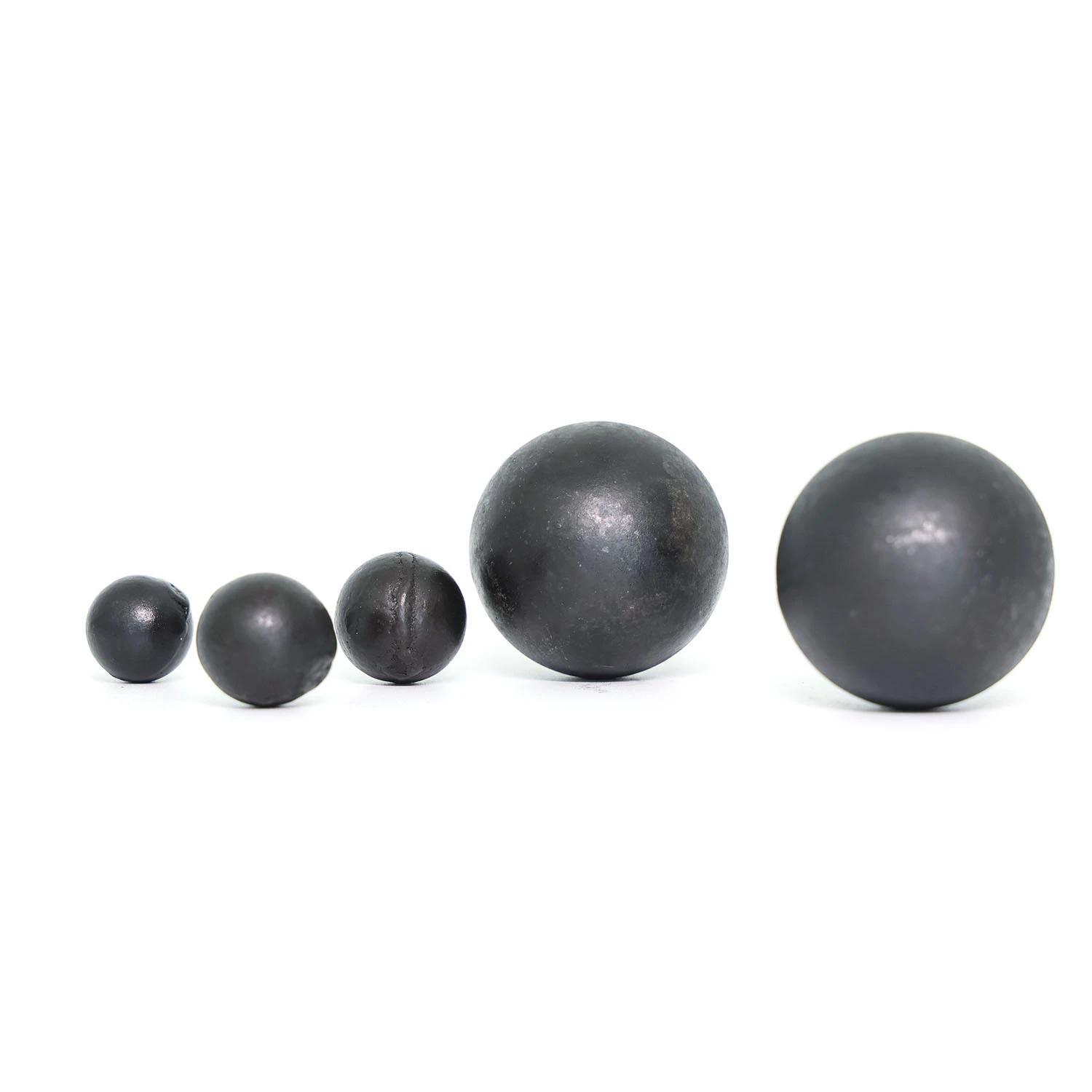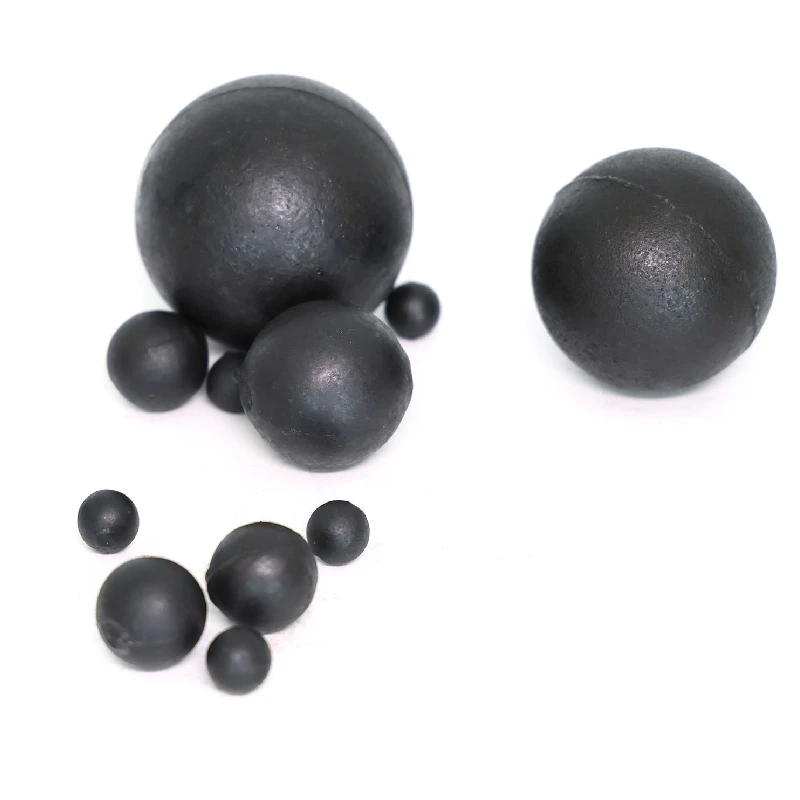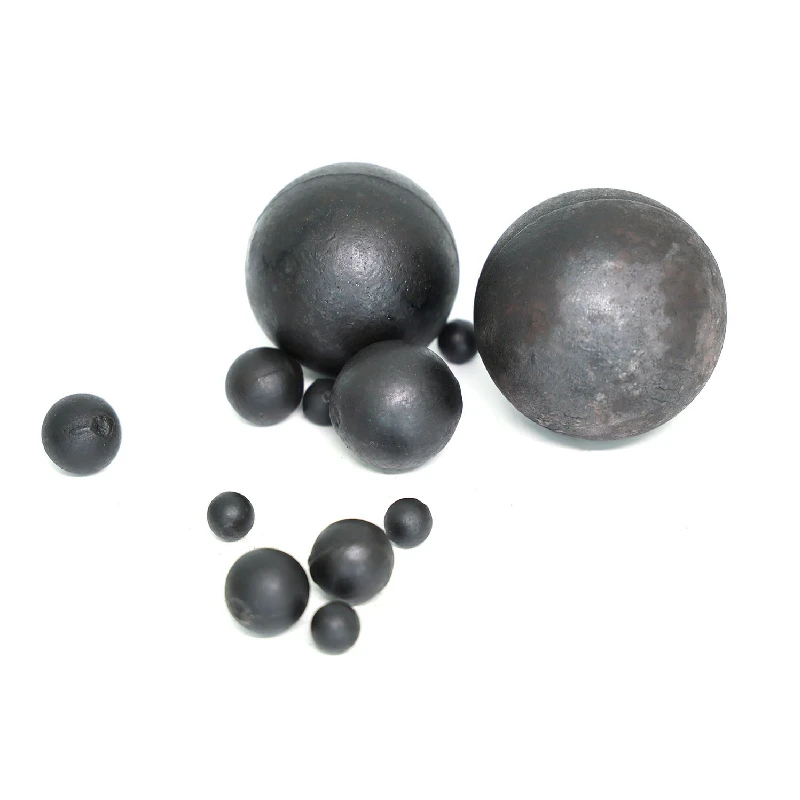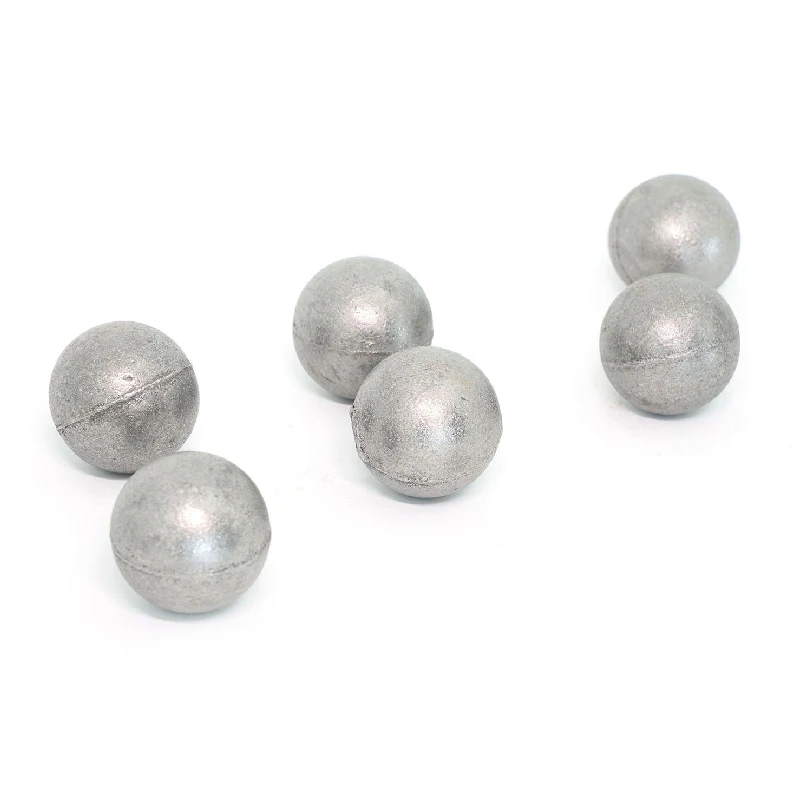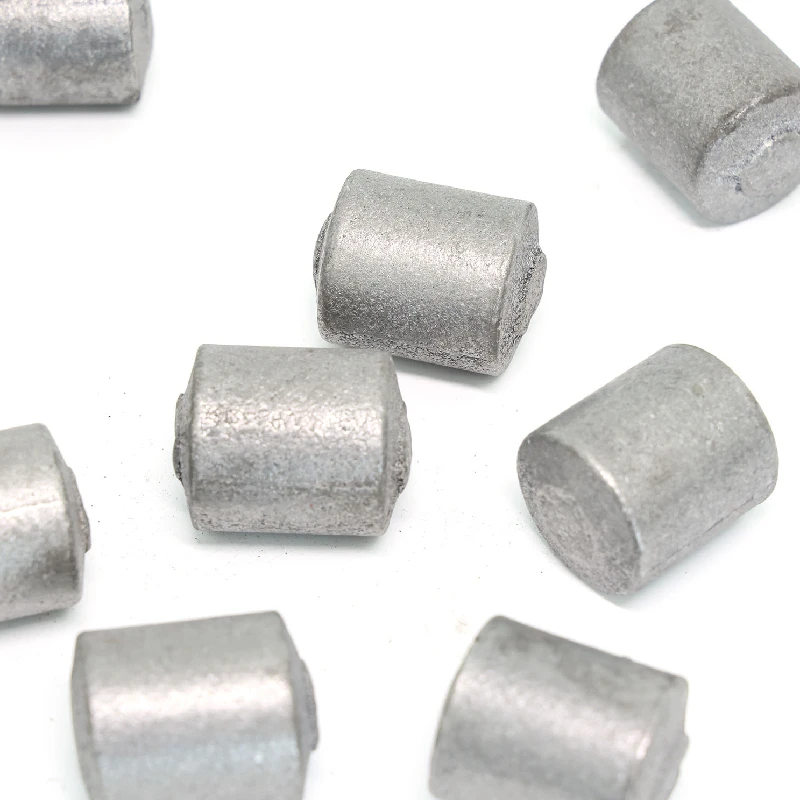- Afrikaans
- Albanian
- Amharic
- Arabic
- Armenian
- Azerbaijani
- Basque
- Belarusian
- Bengali
- Bosnian
- Bulgarian
- Catalan
- Cebuano
- China
- Corsican
- Croatian
- Czech
- Danish
- Dutch
- English
- Esperanto
- Estonian
- Finnish
- French
- Frisian
- Galician
- Georgian
- German
- Greek
- Gujarati
- Haitian Creole
- hausa
- hawaiian
- Hebrew
- Hindi
- Miao
- Hungarian
- Icelandic
- igbo
- Indonesian
- irish
- Italian
- Japanese
- Javanese
- Kannada
- kazakh
- Khmer
- Rwandese
- Korean
- Kurdish
- Kyrgyz
- Lao
- Latin
- Latvian
- Lithuanian
- Luxembourgish
- Macedonian
- Malgashi
- Malay
- Malayalam
- Maltese
- Maori
- Marathi
- Mongolian
- Myanmar
- Nepali
- Norwegian
- Norwegian
- Occitan
- Pashto
- Persian
- Polish
- Portuguese
- Punjabi
- Romanian
- Russian
- Samoan
- Scottish Gaelic
- Serbian
- Sesotho
- Shona
- Sindhi
- Sinhala
- Slovak
- Slovenian
- Somali
- Spanish
- Sundanese
- Swahili
- Swedish
- Tagalog
- Tajik
- Tamil
- Tatar
- Telugu
- Thai
- Turkish
- Turkmen
- Ukrainian
- Urdu
- Uighur
- Uzbek
- Vietnamese
- Welsh
- Bantu
- Yiddish
- Yoruba
- Zulu
Dec . 13, 2024 14:43 Back to list
stainless steel ball mill
The Role and Importance of Stainless Steel Ball Mills in Modern Manufacturing
In the realm of modern manufacturing, the importance of material processing equipment cannot be understated. Among various tools utilized for grinding, mixing, and homogenization, the stainless steel ball mill has emerged as a crucial component for several industries, including pharmaceuticals, ceramics, and metal processing. This article aims to elaborate on the significance, advantages, and functionality of stainless steel ball mills in today’s manufacturing landscape.
What is a Stainless Steel Ball Mill?
A stainless steel ball mill is a type of grinding mill that uses stainless steel balls as the grinding medium. The primary function of a ball mill is to grind solid materials into fine powders or to blend different materials to create a uniform mixture. The construction of these mills typically emphasizes durability and resistance to corrosion and wear, which are characteristics inherent to stainless steel. This makes stainless steel ball mills an ideal choice for applications requiring high purity and resistance to contamination.
Applications of Stainless Steel Ball Mills
1. Pharmaceutical Industry One of the most critical applications of stainless steel ball mills is in the pharmaceutical industry where cleanliness and precision are paramount. These mills are used for the production of powders for tablets and other formulations. The ability to control particle size is essential for ensuring the efficacy of drugs. Stainless steel’s non-reactive nature ensures no unwanted substances are introduced, maintaining the integrity of the pharmaceuticals.
2. Ceramic Production In the ceramics industry, stainless steel ball mills are utilized for grinding ceramic materials and pigments. The smooth surface of stainless steel minimizes contamination, which is crucial when producing colored ceramics or fine porcelain. Moreover, the strength and durability of stainless steel allow for the milling of harder materials without the risk of equipment degradation.
3. Metallurgy and Mineral Processing Stainless steel ball mills serve a significant purpose in mineral processing and metallurgy. They are frequently used in ore dressing processes where materials are crushed and ground. The high thermal conductivity of stainless steel aids in dissipating heat generated during grinding, which can adversely affect products if not managed properly.
stainless steel ball mill

Advantages of Using Stainless Steel Ball Mills
1. Corrosion Resistance One of the standout features of stainless steel ball mills is their resistance to corrosion. This characteristic is particularly important in processing materials that can be reactive or in environments where washing and cleaning are frequent.
2. Durability and Longevity Stainless steel is known for its strength and toughness. Ball mills made from this material can withstand the rigors of heavy usage and provide a longer service life compared to mills made from less durable materials.
3. Easy to Clean and Maintain The smooth surfaces of stainless steel make it easy to clean. In industries where hygiene is critical, such as food processing and pharmaceuticals, the ability to maintain cleanliness is a distinct advantage.
4. Reduced Contamination Using stainless steel minimizes the risk of contamination from the grinding media, which is particularly vital in sensitive applications. This ensures that the end product meets the required purity standards.
5. Versatility Stainless steel ball mills can be used for a wide range of materials and applications, making them a versatile choice for manufacturers.
Conclusion
In summary, stainless steel ball mills play an indispensable role in a variety of industries by offering robust, durable, and high-quality solutions for material processing. Their unique properties, including corrosion resistance, ease of maintenance, and ability to produce high-purity materials, make them a preferred choice for manufacturers aiming for efficiency and quality in their production processes. As industries continue to advance and the demand for high-performance materials grows, the relevance of stainless steel ball mills is expected to expand, affirming their position as a cornerstone in the manufacturing process. Investing in these mills is not just about acquiring machinery; it is about ensuring the quality and reliability of production in an increasingly competitive market.
-
Grinding Cylpebs and Their Impact on Milling Efficiency
NewsDec.27,2024
-
Art of Choosing and Loading Mill Media
NewsDec.27,2024
-
Maximize Your Milling Efficiency with the Right Grinding Media
NewsDec.18,2024
-
Importance and Applications of Ceramic Milling Media in Various Industries
NewsDec.18,2024
-
High Chrome Steel Grinding Balls
NewsDec.18,2024
-
High Chrome Grinding Media Balls and Their Role in Industrial Milling
NewsDec.18,2024
Realted Products


